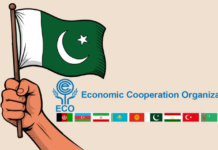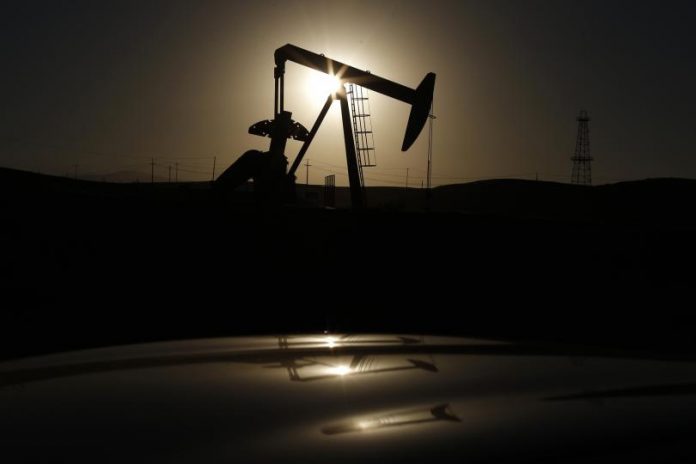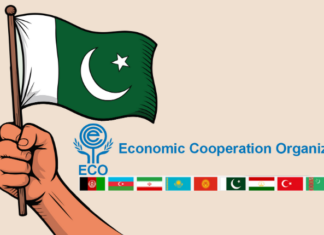Writing for Dawn, author Syed Rashid Husain points out that the announcement of a deal between Iran and Saudi Arabia brokered by China on March 10th took the world by surprise.
According to the author this unexpected development not only has significant geopolitical implications, but it also carries important economic consequences, particularly for the crude oil market.
The animosity between the two major oil-producing countries has disrupted the cohesion and smooth functioning of the Organization of the Petroleum Exporting Countries (OPEC) in the past. Despite both countries acknowledging the importance of OPEC for their respective interests, their differences often resulted in heated arguments behind closed doors during OPEC meetings. However, the new deal between Riyadh and Tehran, along with their alliance with Russia and China, could potentially result in a more potent and united OPEC.
The Saudi-Russian alliance on crude oil continues to flourish, with the two countries understanding the importance of close liaison to promote stability in the crude oil markets. Recently, Russia’s Deputy Prime Minister Alexander Novak met with Saudi Arabia’s Energy Minister Prince Abdulaziz bin Salman to discuss “oil markets and efforts of the OPEC+ group to promote market balance and stability.” The leaders of the two largest oil-producing countries also reiterated their commitment to the OPEC+ decision to reduce output by two million barrels a day until the end of 2023, despite falling oil prices in recent weeks.
In addition to their commitment to controlling output, the Saudi energy minister has also made it clear that the kingdom would not sell crude to any country that imposes a price ceiling on its oil exports. This posturing against potential oil price ceilings followed consultations between Russia and Saudi Arabia. Furthermore, Saudi Arabia has warned that it would reduce its oil production and halt supplies to countries that adopt a price cap on crude imports from Saudi Arabia. Prince Salman bin Abdulaziz also indicated that he “would not be surprised if other oil exporters do the same,” sending a clear warning to western stakeholders against the policy of price caps on oil.
Interestingly, despite having more than enough of its own, Saudi Arabia imported almost 2.5 million barrels of diesel-type fuel from Russia in the first 10 days of March, according to Kepler data compiled by Bloomberg. The move appeared to provide a significant financial cushion to Russia at a time when western powers were attempting to dry up the earnings of Russia from its crude and fuel products exports. Saudi Arabia was importing Russian fuel products and, at the same time, selling considerable amounts of fuel to Europe, showing how the global energy trade is being rerouted in the wake of sanctions on Russian supplies.
The emerging crude bloc consisting of Russia, Saudi Arabia, Iran, and China is apparently at a cost to the US and the West. This new alliance carries ramifications for Pakistan too. The mending of fences between Riyadh and Tehran and their crude alliance with Russia and China could also mean higher oil import bills for Pakistan, which is already facing a precarious economic condition. On the geopolitical front, as well, Pakistan could soon be faced with a dilemma. With Beijing, Riyadh, and Tehran, along with Moscow, joining hands, it may be challenging for Pakistan to neglect and stay away from this emerging bloc. For Islamabad, a decision time could be approaching.
In summary, the deal between Iran and Saudi Arabia, brokered by China, indicates a new global order is taking shape. The emerging crude bloc consisting of Russia, Saudi Arabia, Iran, and China has significant economic and geopolitical implications, potentially leading to higher oil import bills for some countries and forcing them to make difficult decisions. Meanwhile, the commitment of the world’s two major oil producers to keep a tight leash on global oil output signals that the OPEC+ is determined to keep a floor under crude oil prices, despite falling prices in recent weeks.
To read the full article visit www.dawn.com
























